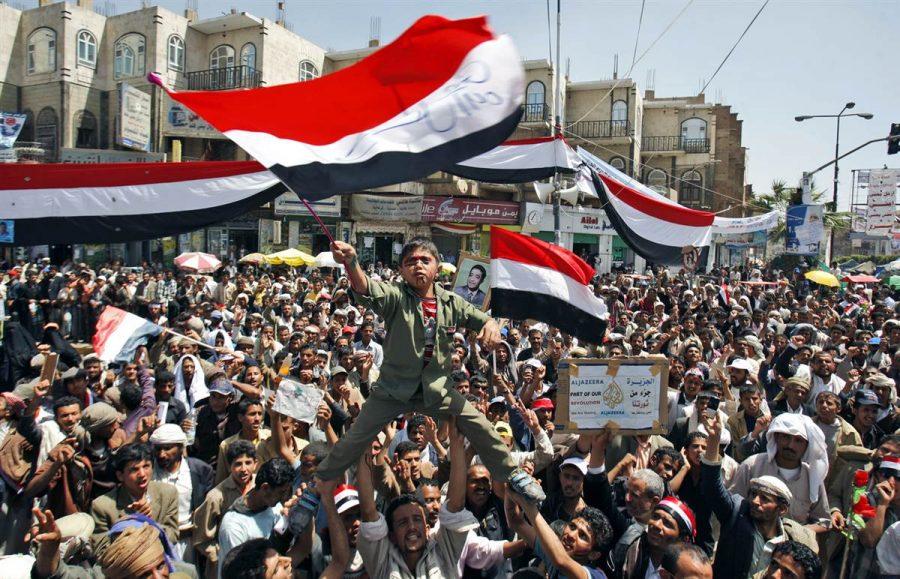Tuesday’s Hanway Lecture speaker, Tawakkol Karman, gave a passionate speech that helped shed light on an important, but often overlooked conflict in the Middle East. The crisis in Yemen and its outcome will play an important role in the region and for security in the West.
Like most other Arab Spring countries, Yemen’s violent conflict has largely been caused by years of underlying tension due to unequal access to power and resources, which was tightly controlled by President Abd Rabbuh Mansur Hadi.
Hadi was ousted by the revolutionary party in late March and since then has been using a minority Shia militia called the Hudthis to continue to fight against the revolution.
This crisis in Yemen can have serious outcomes for the rest of the world. According to the BBC, the conflict has exacerbated regional tensions. Many in Yemen accuse Iran of funding the Hudthis to further its own political agenda. The situation in Yemen is also a huge security threat to Western countries. The instability can increase the likelihood of terrorist attacks emanating from the country. The intelligence community considers the Yemini branch of Al-Qaeda, known as AQAP, to be the most dangerous and technically sophisticated branch of Al-Qaeda.
Yemen is strategically important because it sits on a narrow waterway through which most of the world’s oil supply passes through. Many other Arab gulf states fear that the increased violence in Yemen can threaten the free passage of oil shipments.
The country has been pushed to the brink of civil war and there is no immediate or simple solution that can be reached. But the Yemini people deserve democracy, and Tawakkol Karman echoed the sentiment that the fight for freedom is far from over.
http://www.bbc.com/news/world-middle-east-29319423















































































































Elizabeth McAteer • Apr 10, 2015 at 6:07 pm
Well written and insightful.